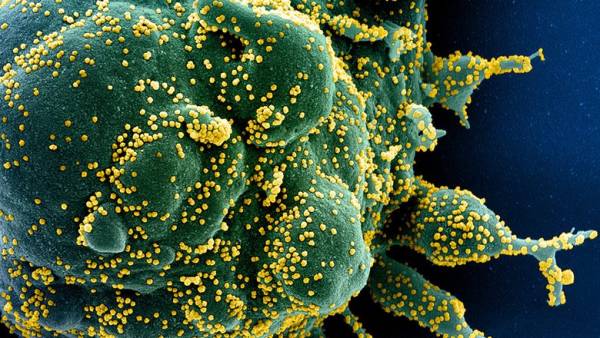
“The faster omicron spreads, the more opportunities there are for mutations that can lead to the emergence of new variants,” Leonardo Martinez, an epidemiologist at Boston University, is quoted by the Associated Press as saying.
Johns Hopkins University infectious diseases specialist Stuart Campbell Ray confirmed that a “very widespread infection” is needed for the emergence of new strains.
At the same time, according to Ray, the omicron strain may not cause a decrease in the mortality of the coronavirus.
“Omicron” is tentatively considered less dangerous than the previous options, but this does not necessarily mean that the coronavirus will continue to mutate in this direction, the infectious disease specialist believes.
“People are wondering if the virus will become more easily transferred over time. But there is no particular reason for this. I don’t think we can be sure that the virus will become less deadly,” Ray said.
He noted that although the virus really cannot actively spread if it quickly kills its carriers, there are other schemes that allow the infection to be both very contagious and dangerous.
For example, a virus can be arranged so that immediately after infection, infected people carry the disease easily and at this time actively infect others, and after their condition worsens.
This is not the first time scientists have warned about the risk of new strains of coronavirus. “It is naive to think that the evolution of the virus will stop at the omicron variant. If, in the process of evolution, a strain is selected that turns out to be more adapted to the conditions, then omicron will leave, the next one will appear,” Vladimir Chulanov, chief freelance infectious disease specialist at the Ministry of Health, told RBC in an interview.
The omicron strain was detected in the countries of South Africa in November last year. According to WHO, it has now been detected in more than 100 countries. The Director General of the organization Tedros Adanom Ghebreyesus in December stated that omicron spreads faster than other variants, infects vaccinated and those who have been ill with covid.
As virologists told RBC, the omicron strain is characterized by a lighter course of the disease and a lower proportion of deaths. Scientists from South Africa have suggested that this variant of the coronavirus could put an end to the pandemic.